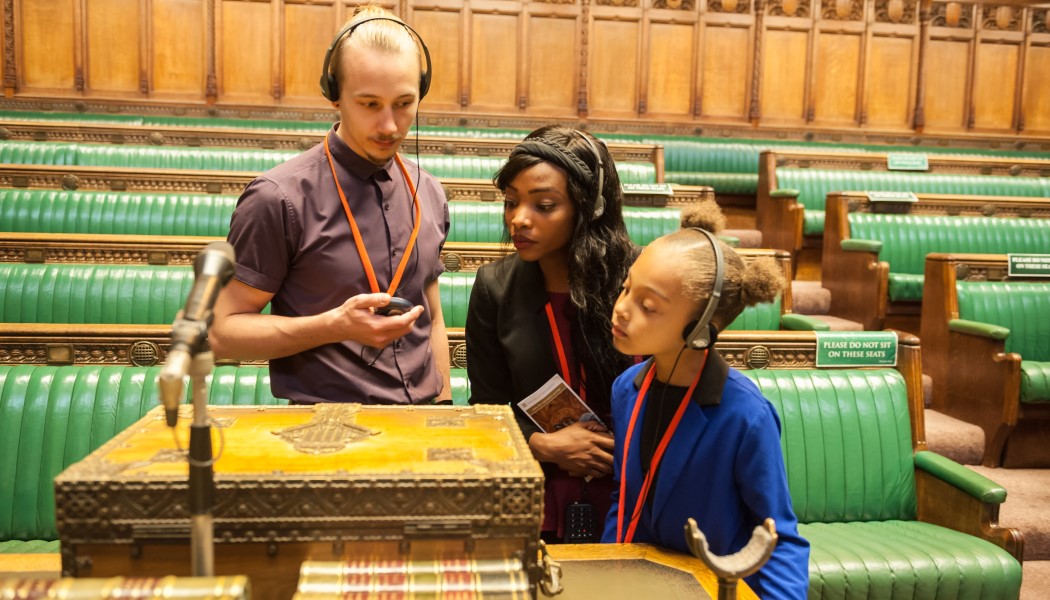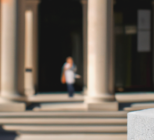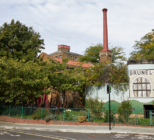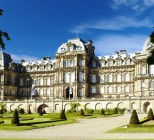The sixth floor of the Royal Festival Hall was home to a rare occasion yesterday: Ed Vaizey, the Minister for Culture, launched the first government White Paper on culture in more than 50 years. This came on top of a good spending review settlement for arts and culture in the autumn and, notably, a strong statement from the Chancellor that ‘one of the best investments we can make as a nation is in our extraordinary arts, museums, heritage, media and sport’.
As Director of Museums at Arts Council England, politics are woven through the fabric of my job. At a local level, where I’m based in the East of England, this means holding positive, robust relationships with Local Authorities and MPs. The Arts Council has said that we’ll stand by the councils and places that stand by culture. Doing so means investing time in local cultural strategies and long-term planning. And it means using our resources to leverage wider support. Sometimes, it also means difficult conversations with Local Authorities and difficult decisions about where to invest. But, at a time when there are huge pressures on local authority budgets, close engagement with local politics is a vital part of maintaining and developing arts and culture for everyone.
And national politics is just as important. The good spending settlement for arts and culture was the result of positive, sustained messaging from right across the sector. There was a noticeable change in tone from the strident campaigning that had been heard before previous settlements.
But the work didn’t stop there. Since the settlement, the Arts Council has been talking, with other funders and sector bodies, about a raft of other changes that will benefit museums and arts organisations. A key example is a proposed tax relief on exhibitions for museums and galleries. It’s taken us a year of consultation and proposals to get this far. There’s lots still to be worked out in the coming months, but the tax relief will benefit hundreds of museums and galleries when it’s introduced.
Other changes outlined in the recent budget include some concessions on business rates; a key issue that the Association of Independent Museums has been championing, and on VAT for museums that don’t charge for admission. I never thought I’d find tax changes exciting, but they’ve become central to the way the government is currently looking to support culture. DCMS deserves significant credit for their responsiveness to these new ideas.
And there’s no sign of the Arts Council’s conversations with government departments diminishing. The White Paper includes plans for a significant review of museums. This will look at some of the big questions about the sector and how it operates. It will review the work of national museums and their relationship to other museums across the country. And it will look at regional museums and some of the challenges that they face.
The Arts Council welcomes this review and will play an active role in delivering it. We think it’s well timed and has the potential to help all of us work more effectively to support and develop the sector. It will sit alongside tailored reviews of the Arts Council and Heritage Lottery fund, and that’s a good thing too; it’s vital for the sector that our approach to museums is co-ordinated and strategic.
And there are many other positive things in the White Paper. The GREAT Place campaign will be a new approach to joint investment in ‘place’ by the Arts Council and Heritage Lottery. That aligns well with our own thinking that integrating funding for museums and the arts will allow us to work more strategically and effectively.
The White Paper also highlights the challenges facing museums and arts organisations at a local level. The review of museums will be a key tool to respond effectively to these challenges.
I love my job, and to my surprise one of the things I love best is the politics. At a local and national level, we all need to be political animals. Sometimes this means campaigning, but more often it means holding positive relationships and working together as we develop better ways of supporting museums, arts and culture. The Arts Council will play a vital role in negotiating these politics for, and with, the sector in the coming months.











